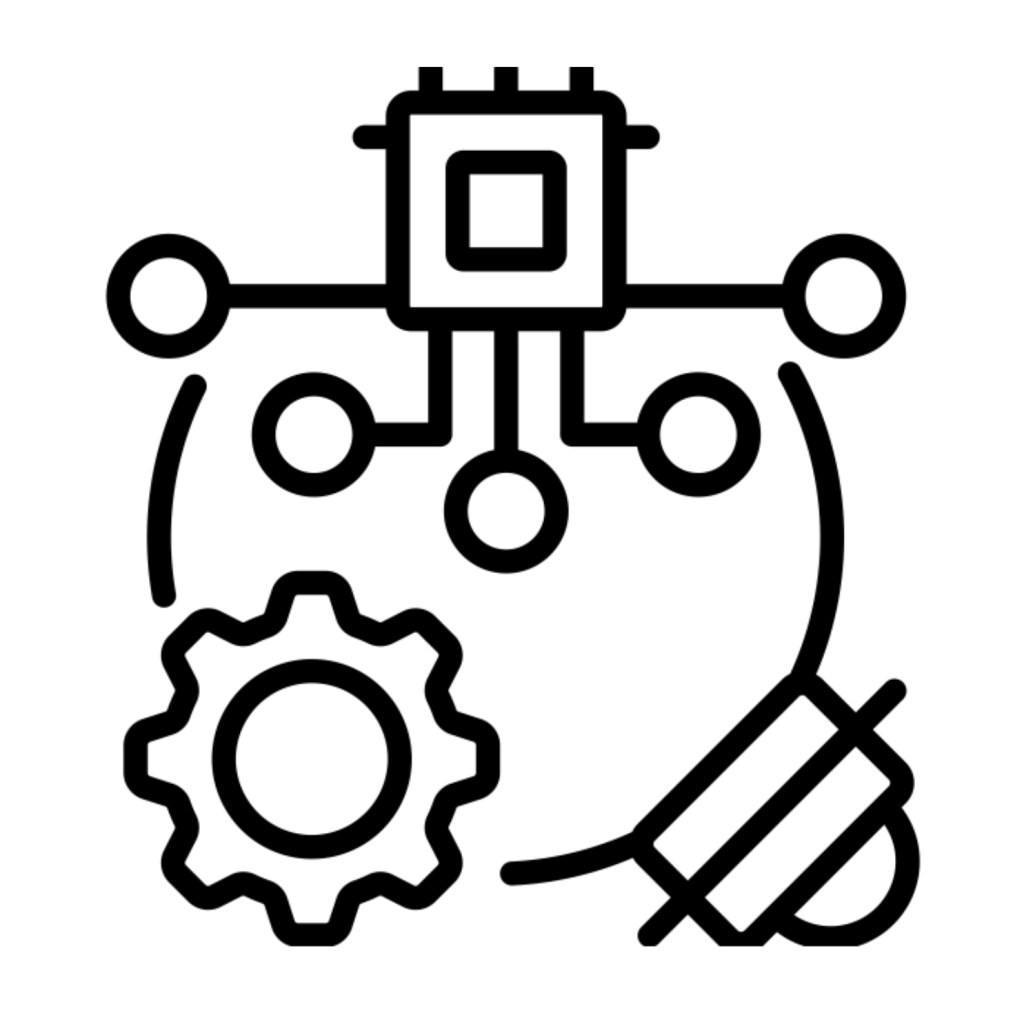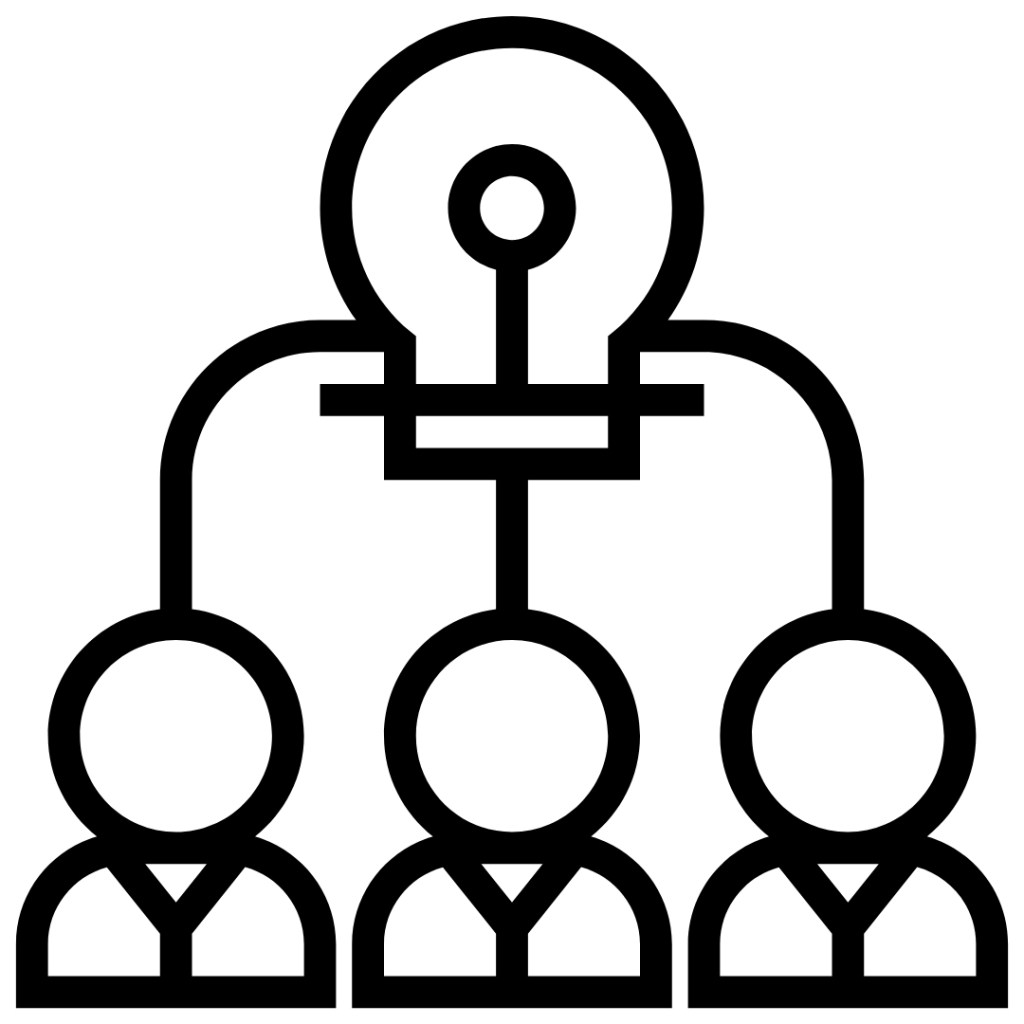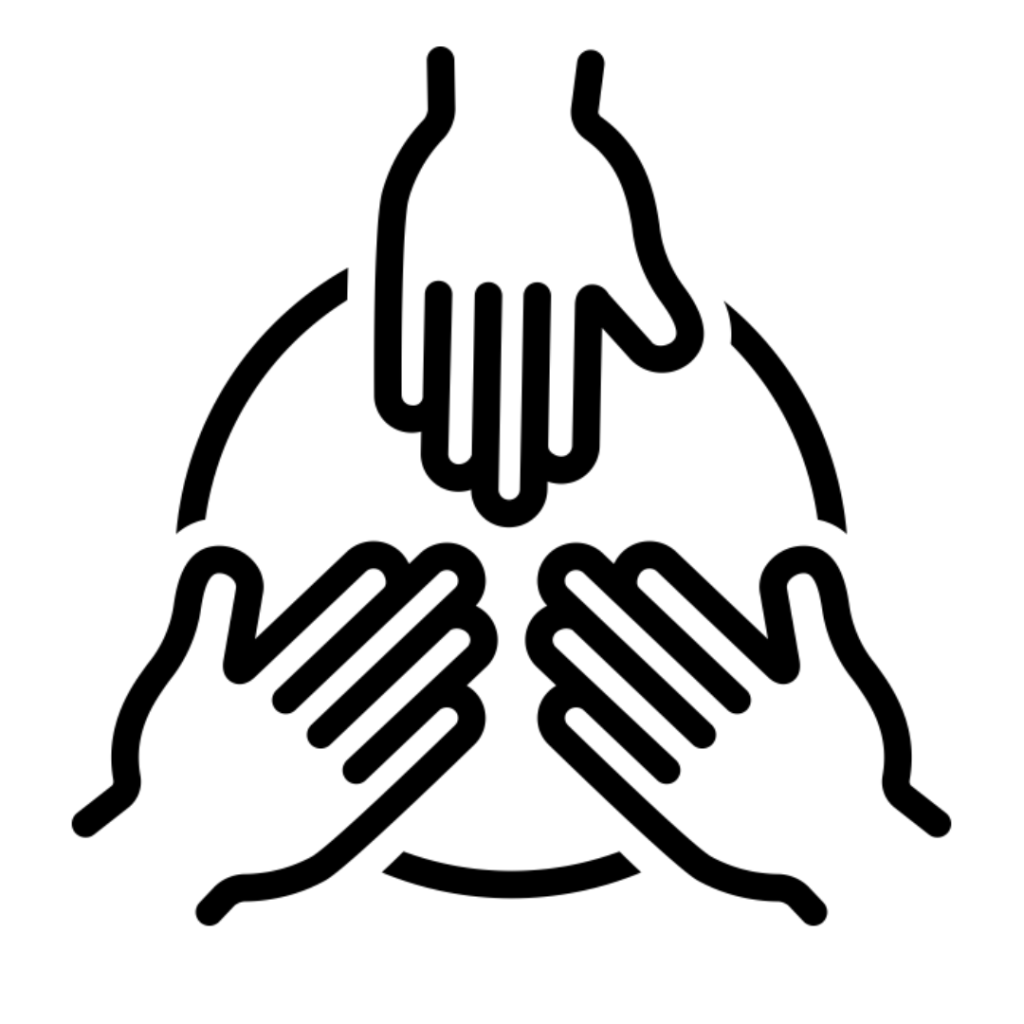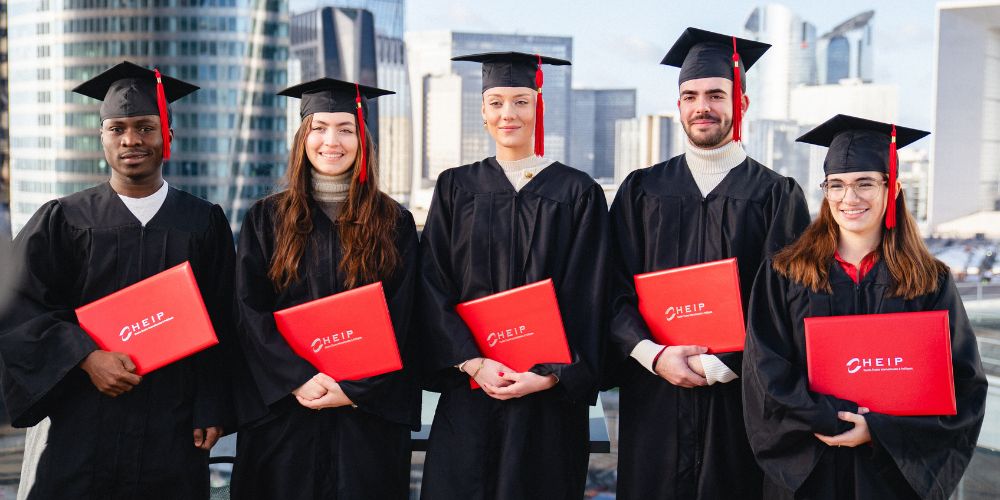Become an active player in a changing world!
The Bachelor of Arts in Humanities is the result of the merger of the School of Political Science and the School of International Relations. This collaboration offers students a unique academic experience . It combines a cross-disciplinary analysis of global phenomena with an informed understanding of societal issues.
What’s more, this program offers an exceptional opportunity to join a cosmopolitan class taught entirely in English. Multiculturalism frees students from an exclusively Western perspective.
They question themselves and develop their critical thinking skills, pushing them out of their comfort zone. An immersion that enriches the issues studied and promotes universal understanding.
The Bachelor of Arts in Humanities is designed for students who want to take part in the reconfiguration of this rapidly changing world. They acquire the skills they need to progress and specialize in their fourth and fifth years of higher education.
Ideal training for :
- deciphering current events,
- become a player in the new world,
- live here or elsewhere!
What is the Bachelor of Arts in Humanities?
The Bachelor’s degree develops a multitude of interrelated skills , through disciplines such as law, political science, international relations, geopolitics (crime, religions) and languages.
This multi-disciplinary approach fosters a finer understanding of international current affairs , and enables us to master three languages. It also helps to cultivate the open-mindedness and intellectual agility required to move from one methodology to another. This diversity of backgrounds is what makes our students so rich. It prepares them to enter a specialized master’s program with confidence, and to take the first steps towards their professional future.
Our program is built around the following technical and operational skills :

Technical skills
- Acquiring theart of oratory and rhetoric.
- Learn to write speeches, essays and reasoning.

Methods
Be able to steer transformations using new project management and Design Thinking methodologies.

Humanities
Know how to manage a project team by mobilizing socio-relational skills to encourage collaborative work and the co-construction of public digital transformations, which can only succeed through commitment and collective intelligence.

Associative Life
- Involvement in humanitarian associations (PACT program)
- An associative life that forges a sense of belonging, reinforces team cohesion, develops practical skills, establishes a network and facilitates the search for internships, work-study programs or future jobs.
In addition, the training is based on the mastery of several languages to facilitate communication once in the world of work.
What is the Bachelor of Arts in Humanities program?
MAIN COURSES
The teaching offered is structured into 7 Pedagogical Teaching Units (UEP) over 3 years:
1st year
Objectives :
- Acquire the methodological foundations and fundamental knowledge of each major discipline.
- Discover and understand the different components of the legal, economic and geopolitical environment.

2nd year
Objectives :
- Deepen the methodological foundations of analysis and research methods in international relations and political science.
- Assimilate essential concepts and theories in international relations and political science.
- Know the tools and methods of analysis and argumentation.

3rd year
Opening in September 2025

TEACHING UNITS* DETAILS
UEP 1 – Politics and social sciences
- Year 1 – Semester 1
- Introduction to geopolitics
- Popular culture and global politics
- Year 2 – Semester 2
- Introduction to political science: UK and France
- Year 2 – Semester 3
- The Politics of Policy Making
- Arguing About Politics: Political Theory in the World 1
- Year 2 – Semester 4
- Arguing About Politics: Political Theory in the World 2
- The scope and nature of ethics, justice, rights, and obligations in political life: UK and France
- Year 3 – Semester 5
- The Politics of the European Union
- Action and Identity: Gender and Political Participation
- Year 3 – Semester 6
- The Modern State: Democracy, Dictatorship and Beyond
- Political Marketing in a Digital World
UEP 2 – A world in perspective
- Year 1 – Semester 1
- The climate crisis and green political theory at a national level: UK, France and the USA
- Year 2 – Semester 2
- Middle East regional and state politics
- African regional and state politics
- Year 2 – Semester 3
- The Asian Century: The Rise of China
- Politics and Markets: UK & France
- Year 2 – Semester 4
- Peace Building in Conflict Regions: Case Studies
- Gender, race and sexuality – CRT and Intersectionality in politics
- The Asian Century: The Rise of India
- Year 3 – Semester 5
- Global Populism and the Crisis of Democracy
- Human Rights and Global Justice
- Year 3 – Semester 6
- The politics of développement
- Global Climate Issues and International Politics
UEP 3 – Understanding the International System
- Year 1 – Semester 1
- Europe and European governance
- Macroeconomics and the Politics of the Global Economy
- Year 2 – Semester 2
- A changing economic and geopolitical order
- The Nature, Functions, and Limits of Law – UN and ICC
- Major trends in economic theory
- Year 2 – Semester 3
- Religion and the State: comparative analysis
- Introduction to International law
- Year 2 – Semester 4
- Comparative Corruption
- Artificial Intelligence and Political-International Impacts
- Year 3 – Semester 5
- International Media Review
- International political Economy
- Year 3 – Semester 6
- International Security Studies: Issues and Challenges
- Peacekeeping and Peacebuilding
UEP 4 – History and philosophy
- Year 1 – Semester 1
- Introduction to Political Philosophy
- Political Ideas in Modernity: Choices, Rights and Challenges (17th to the industrial revolution)
- Year 2 – Semester 2
- From the Sykes-Picot agreement to current conflicts
- Year 2 – Semester 3
- Politics & Society in Britain Since 1940: From Blitz to Brexit
- International Relations Since World War II: Evolution and Dynamics
- Year 2 – Semester 4
- Political Ideas in the 19th and 20th Century
- Year 3 – Semester 5
- International Media Review
- International political Economy
- Year 3 – Semester 6
- International Security Studies: Issues and Challenges
- Peacekeeping and Peacebuilding
UEP 5 – Professional skills
- Year 1 – Semester 1
- PACT
- Shift B1
- Conferences and visits
- Year 2 – Semester 2
- Diplomacy game
- PACT
- Conferences and visits
- Year 2 – Semester 3
- Shift B2
- LV1
- LV2
- Year 2 – Semester 4
- Shift B2
- LV1
- LV2
- Year 3 – Semester 5
- Conferences and visits
- Year 3 – Semester 6
- Cross-Cultural Leadership
- Diplomacy Game
- Conferences and visits
UEP 6 – Methodology
- Year 1 – Semester 1
- Professional writing 1
- Year 2 – Semester 2
- Professional writing 1
- Data analysis: acculturation and first steps
- Year 2 – Semester 3
- Data analysis: acculturation and first steps
- Year 2 – Semester 4
- Public Speaking in Political Science and International Relations
- Year 3 – Semester 5
- Public Speaking in Political Science and International Relations
- Professional writing
*The content of the teaching units is valid for the start of the 2024/2025 school year and may be reviewed annually.
How is the Bachelor of Arts in Humanities recognized?
This course leads to a “Bachelor of Arts in Humanities” certificate issued by HEIP.
ECTS credits (European Credits Transfer System).
These credits validate a student’s skills and level of higher education, based on the workload required to achieve the program objectives, which are defined in terms of the knowledge and skills to be acquired.
Each year of higher education earned 60 ECTS credits, recognized throughout Europe.

How does the Bachelor of Arts in Humanities program work?

Teaching methods
Our conviction: only a systemic approach, theory confronted with the practicality of field experimentation, and the sharing of real-life experience, guarantee a powerful learning experience.
- A program built around theoretical courses, methodological approaches and case studies.
- A professionalizing curriculum that helps everyone to grasp the challenges of our world and implement appropriate support solutions .
- The courses are taught by academics who are experts in the field, and practicing professionals who are able to draw on their practical experience to provide an enlightened vision of the current situation and outlook for these issues.
- A program that offers ongoing assessments of professional situations to test the theoretical framework and develop mastery of the tools.

Format of learning modalities :
- Lectures and tutorials in small groups
- Group work
- E-learning
- face-to-face courses

Assessment methods :
- Throughout the year, students are assessed by continuous assessment.
- At the end of each semester, other methods are also used to assess students, through mid-term exams and case studies.

Each semester, students are supported in :
- Preparation for the professional world
- In the realization of individual or collective projects
- Organizing lecture series

Practical details
For the 2024-2025 academic year.
The program will be delivered at our Paris campus.
20-30% of courses can be delivered remotely and/or asynchronously.
What are the prerequisites for the Bachelor of Arts in Humanities ?
RELEVANT PROFILES
Post-baccalaureate or Bac +2 students who are curious about the world around them and have a perfect command of spoken and written English.
Students are assessed on their interest in current affairs, national and international politics, and their ability to express themselves. We also value hard-working, committed students.
ACCESS CONDITIONS
New students wishing to enroll in the Bachelor’s program must submit an application form pass admission tests (written and oral) and meet the prerequisites. Candidates receive their test results 4 weeks after presenting their file to a jury. All the details are explained on the Bachelor’s admissions page.
What are the prerequisites for the Bachelor of Arts in Humanities?
Hold a diploma equivalent to the highschool level or a post-highschool qualification.
Knowledge of English is required and will be assessed during a 30-minute interview. For other languages, students can start at beginner level.
It is recommended to maintain the choice of the second language (LV2) throughout the cycle, in order to reach a sufficient level to communicate in a professional context.

- The Bachelor of Arts in Humanities is designed for holders of the BAC with specialization in HGGSP (History-Geography, Geopolitics and Political Science) or a post-baccalaureate qualification (BAC+1 or BAC+2) in humanities, law, social sciences or economics. These specializations are preferred, but if you have done another specialization and have a strong background in political science and international relations, you can apply for the bachelor’s degree.
- Applications for BOA 1 are open to holders of, or in the process of obtaining, the Baccalauréat or an equivalent foreign diploma.
- Applications for a BOA 2 are open to holders of or in the process of obtaining a Bac+1 or equivalent of 60 ECTS credits, in the humanities, politics, economics, law and social sciences, acquired at a university or institute of higher education in France or abroad.
What are the tuition fees for the Bachelor of Arts in Humanities for the academic year 2024-2025?
PER YEAR
TUITION FEES
Year 1
- 70€ administration fee
- 9600€ with a €1,100 reservation deposit
- 92€ CVEC tax to be paid before the start of the school year following registration
Year 2
- 70€ administration fee
- 9600€ with a €1,100 reservation deposit
- 92€ CVEC tax to be paid before the start of the school year following registration
These rates are valid for the start of the 2024/2025 school year and may be reviewed annually.
Practical information Bachelor of Arts in Humanities?
Speakers

All our speakers are lecturers or experts in their field.
They all have at least 5 years’ higher education and 3 to 5 years’ professional experience. Find out more about our faculty.
Campus

PARIS CŒUR DÉFENSE 2
82 Esplanade du Général de Gaulle
92934 Paris La Défense – France
Accessibility

The HEIP admission process is accessible to people with physical disabilities since the competition is 100% online.
For people with invisible or mental disabilities, the admission teams may adapt the tests.
All HEIP campuses (Paris, Lyon, Bordeaux and London) are accessible to people with reduced mobility.
OMNES Education’s CSR approach




